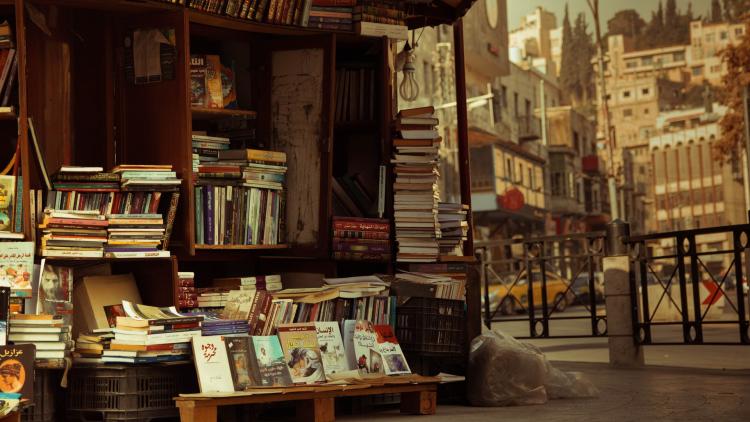
Special Kind of Paratext as Political “Curtain” of Translation - A study of the Chinese translation of Camus’s L’étranger in 1961


Key information
- Date
- Venue
- Paul Webley Wing (Senate House)
- Room
- S120
About this event
SOAS CTS Global Seminar Series 2022-23
Speaker: Dr. Florence Xiangyun Zhang (Universite Paris Cité, France)
Please register online for the SOAS CTS seminar series event on 4 November 2022. For guests who plan to join the seminar online, we will send you the link to the zoom meeting by 2 November.
Abstract
In the large context of the Cold War, and specifically during the ideological battle launched in China from 1960 against the West and against Soviet revisionism, translation was part of the political actions organized by the public authorities. Some foreign books were selected by publishers, and their translations were published with one or more critical texts – paratext - in the form of a preface/postface or “editor’s notes”. The translation of Albert Camus's novel L'étranger (The Stranger) published in 1961, Juwairen (局外人), is indeed inscribed in the situations of multiple conflicts, staging the work in a particular way.
The French literary theorist Gérard Genette uses the metaphor of the "threshold" to define the paratext: writings that accompany the text "to present it”, in the usual sense of this verb, but also “to make it present, to ensure its presence in the world", "in the service [...] of a more relevant reading" (1987, pp. 7-8). In our study, we’ll examine how the editor of this translation, in creating a transition zone to the translated text, dissect the text and deliver the “useful” political information for selected readers. We’ll see that these paratexts are sometimes mocking, sometimes acerbic, but always hostile. In fact, this "staging" by the paratexts served above all to erect a very thick “curtain” in front of the translated text, and to deny the value of the other.
About the Speaker
Florence Xiangyun ZHANG is associate professor at the Department of East Asian Studies, and co-director of Centre for Translation Studies in the Universite Paris Cité (France). She is also a researcher at CRCAO (East Asian Civilizations Research Centre). Her recent publications include “Text or Paratext. Jules Verne in Chinese in 1903” (2019), “‘Good’ or ‘cold’, to translate sound or sense? A Study of the Puns Translation in Lao She’s Play Chaguan” (2019), and also Chinese translations of Peau noire masques blancs by Frantz Fanon (1952), Hei pifu Bai mianju (黑皮肤白面具, 2022), and La Révolution française 1789-1799 by Michel Vovelle (1992), Faguo, dageming (法国大革命, 2020). Her research focuses on translation theory and thought, the political role of translations, and Chinese modern literature in translation.


